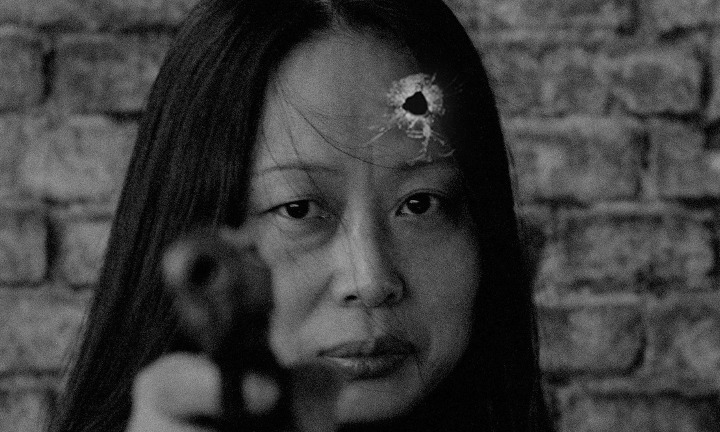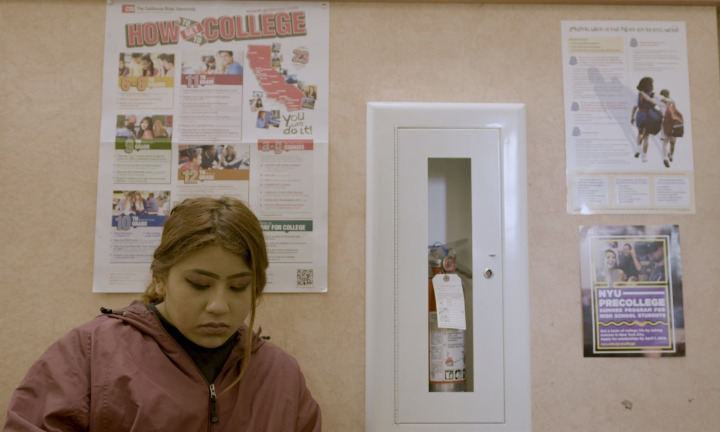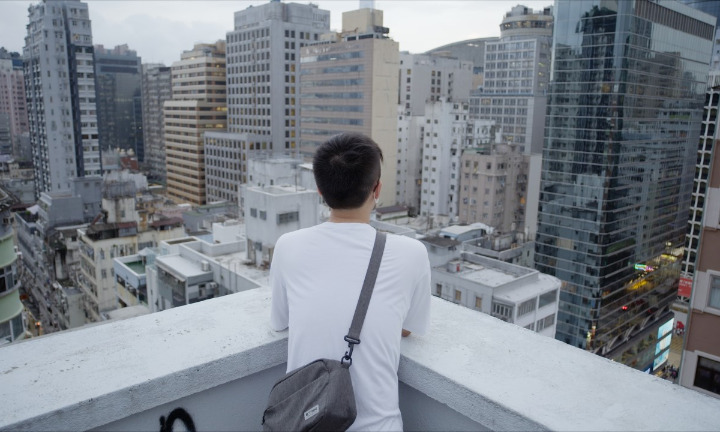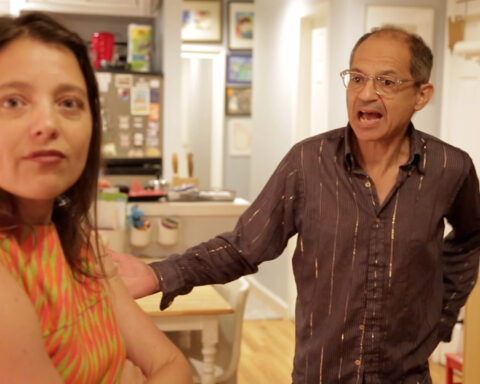“Chinese rock ‘n’ roll is like a rolling egg,” says musician Cui Jian at the end of You Are the Days to Come. “Yet, we have not been broken or harmed. I hope that one day the egg will hatch and a new life will be ready to fly.”
You Are the Days to Come is the story of the chickens who laid the first eggs in post-Mao China. This film by Ronja Yu offers a portrait of China in the 1980s as seen through the works of six artists who gave voice to a new national consciousness in a time of immense change. Yu’s personal study recalls how their bold expressions of individuality shattered the entrenched view of the collective society hammered into Chinese minds by Maoist propaganda.
The film situates the artists’ work within the political climate. Visual artist Wang Keping represents the creation a contemporary Chinese art as the country awakened from suffocating tradition. Li Shuang tells of art and love through her work as the only female member of The Stars, an avant-garde group that included Ai Weiwei, and while facing exile for her relationship with a French diplomat. Wen Pulin, meanwhile, brings the power of documentary to the film as Yu recalls his work on the seminal 1988 non-fiction film The Great Earthquake, which anticipated a reckoning through the arts as the Chinese created images that reflected their lived experiences, rather than the mirages the government sought to propagandize.
Similarly, Cui Jian, dubbed “The Father of Chinese Rock,” recalls creating anthems for cultural change. Ample archival footage revisits concerts in which he invited his fellow citizens to enact their own awakenings with his song about removing the red cloth that blindfolded his eyes. He counters the traditional propaganda with western-influenced rock ballads that emphasize the word “I” to remind each person of their individual rights and rights.
Arguably the most cinematic presence in the film is contemporary artist Xiao Lu. Her blend of avant-garde visual designs and performance art is the most defiantly anti-establishment work among the sextet. The film climaxes with her performance at a museum in which she brought a gun to an exhibit and fired bullets at her own work. She recalls fleeing the scene and hopping a bus, watching as police closed the museum. Xiao’s bold demonstration anticipates the violence that punctuates the last act of the film: the massacre at Tiananmen Square.
Through these thoughtfully considered portraits of the artists and the context from which they emerged, Yu evokes the necessity of bold voices that challenge the status quo. It might not be a revolutionary thesis to say that authoritarian governments and oppressive regimes inspire waves of radical expression. However, as You Are the Days to Come sees Chinese artists continue to struggle with their right to free speech and expression, Yu’s portrait is a reminder that protest is a creative endeavour that never ends.
Cui Jian’s observation about eggs therefore proves enlightening. One might have guessed the ideal metaphor for revolutionaries would be one about omelettes and broken eggs. Instead, Yu’s portrait illustrates the need to nurture the next generation not with a fist, but with a body full of warmth and nourishment.
You Are the Days to Come premieres at Hot Docs 2021.














